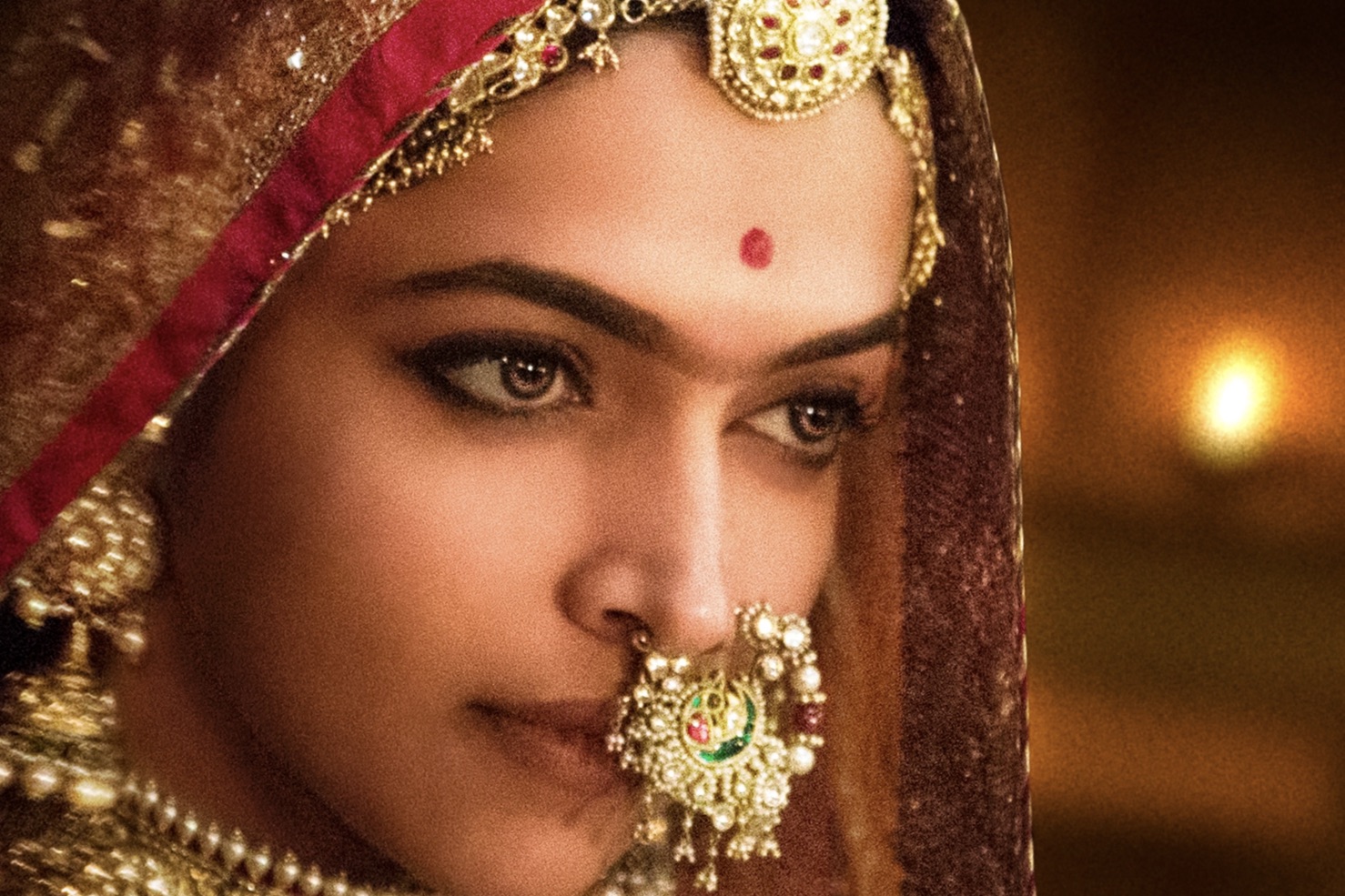
A disclaimer first, I am not qualified to say what I am about to, but will say it anyway. It’s a free country after all. Not only am I entitled to an opinion based on half baked information, but I can use brute force to impose it on others. If some citizens can threaten to kill, maim and self immolate without actually seeing what is offending them then I retain the right to say that the cinematography is breathtakingly beautiful, Deepika looks ravishing and Ranveer has outdone himself. I base my opinion on past records, hearsay and some snatches I have caught on the net…. because Padmavat did not release in a cinema near me!
It was just a dream that became a nightmare. Somehow, someone, somewhere dreamt that in the upcoming film Allauddin Khilji has a dream about being intimate with queen Padmavati. Despite vehement denials by the director Sanjay Leela Bhansali that no such dream sequence was being shot, all hell broke loose. The film set was vandalised and Bhansali was slapped for his alleged impudence. Things didn’t end here. The story gained momentum and grew bigger as did the public perception of injustice. So by the time the movie was ready for release last December , Deepika Padukone’s nose was at risk of being cut short and so was Bhansali’s life. Blood thirsty mobs were ready to kill, maim, deface and destroy to restore the honour of a queen whose very existence is debatable. King Ratan Sen’s descendants were out on the streets demanding a ban on the film.
For those who don’t follow Bollywood, a little background information first. Padmavat, one of India’s most expensive movies, is based on a 16th-century Sufi poem by the same name. It is about Alauddin Khilji, the sultan of Delhi, and his obsession for Padmini, the wife of King Ratan Sen who ruled Chittor. The story of Khilji’s attack on Chittor, the slaying of Ratan Sen, and the mass self-immolation ( Johar ) by the women of the kingdom is part history, part legend. While Khilji and Ratan Sen are established historical figures, Padmini’s existence is more of a myth, this poem being the first known reference of her. But fact and fiction have a tendency to merge for the sake of a good controversy and an excuse to unleash the monster within.
So despite being duly certified by the censor board after following its recommendations, including a name change from Padmavati to Padmavat many states chose to ban the film, Haryana being one of them. As I watched the enraged mobs going on a rampage for the sake of some misplaced sense of honour I wondered why such sentiments are not stoked when real women are abused and disgraced. Haryana has an ugly track record of crime against women, most of which are much worse then innocuous wet dreams. Salman Rushdie’s famous inference offers some insight into this matter, “Meaning is a shaky edifice we build out of scraps, dogmas, childhood injuries, newspaper articles, chance remarks, old films, small victories, people hated, people loved, perhaps it is because our sense of what is the case is constructed from such inadequate materials that we defend it so fiercely, even to the death.”
The Supreme Court direction that the state should ensure safe release of the film did not help matters. When people take law into their hands, the law of the land has a way of not working. So instead of the grandeur and razzmatazz associated with Bollywood, the opening Thursday of the film presented another stereotype of modern India to the world: violence, intolerance, and the diminishing space for free expression. Movies did run into trouble over their content in the past too, but this protest was based on mere public perception much before anyone saw it. Hundreds of supporters of fringe groups like the Karni Sena ran amok across the country, blocking roads and burning buses, ensuring that the film was not screened. The most shameful incident occurred closer home, in apna Gurugram, where they stoned a bus full of school children.
Perhaps I am not as enlightened as the protesters hence not so acutely aware of my rich heritage. Whatever be the reason I have never felt compelled to protect a glorious past at the risk of ruining the present and endangering the future. And although I am just a lowly aberrant, I would like to further my case with some Haryanvi folk wisdom. It’s an oft repeated saying about damage control “Ibay kimay na bigdaya , ibey toh beti baap ke ghar seh” . Roughly translated it means that a situation can be resolved till the daughter is at her parent’s home, after which reputation suffers. In a world where news travels at the speed of light, images of petrified children cowering in a school bus while an unruly mob pelts stones at them does more harm to Brand India than Deepika’s bare belly in some Jhoomar sequence. We should be more careful of what leaves our home and how.
A few days ago, a friend joked, “ At least we Haryanvis don’t believe in gender discrimination. If it was a no to Padmavati it is a no to Padmavat.” A perfectly ordinary comment, made in jest….but with the worst sex ratio in the country I didn’t know whether to laugh or cry.
( published in my column in the Tribune on 10/2/2018)